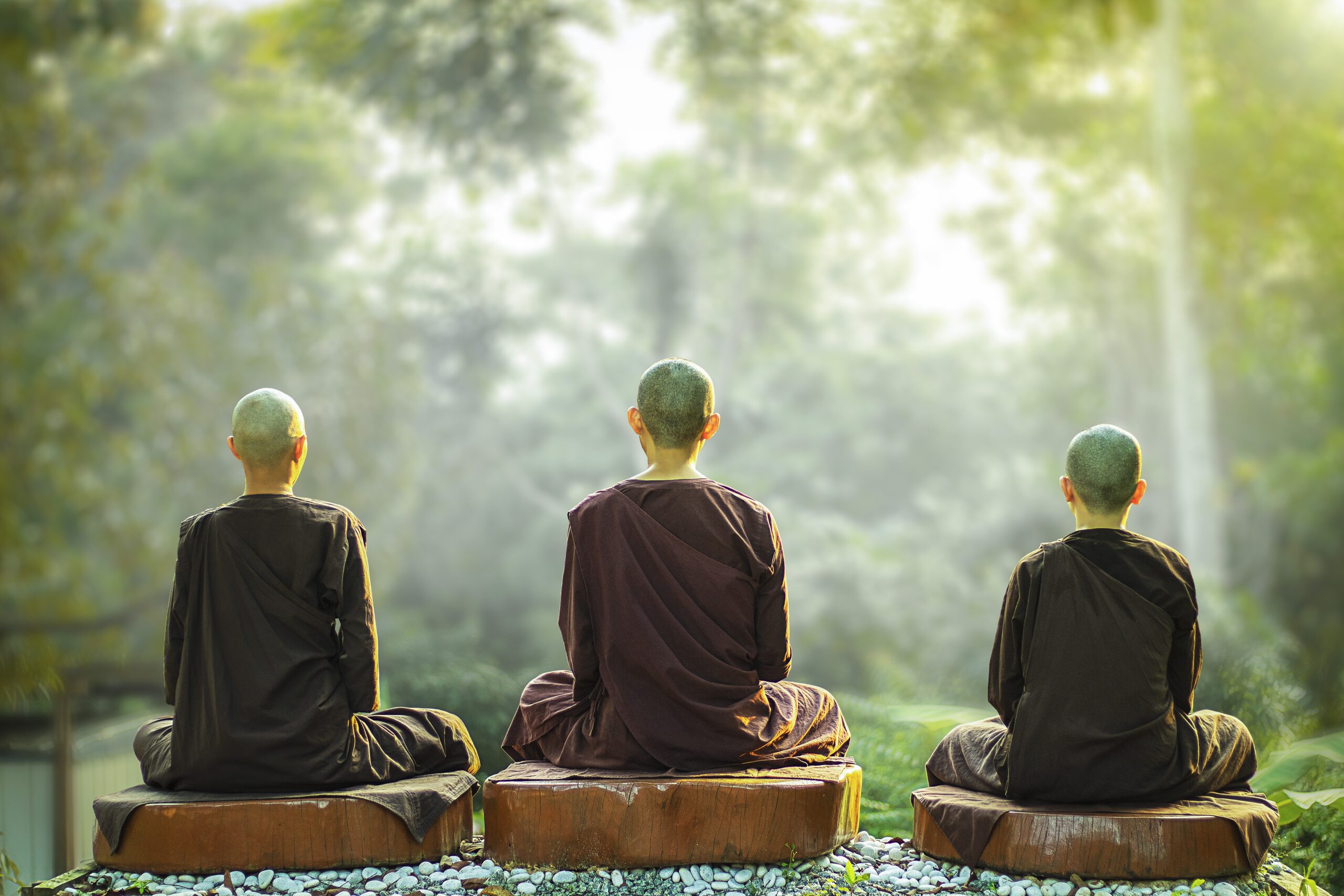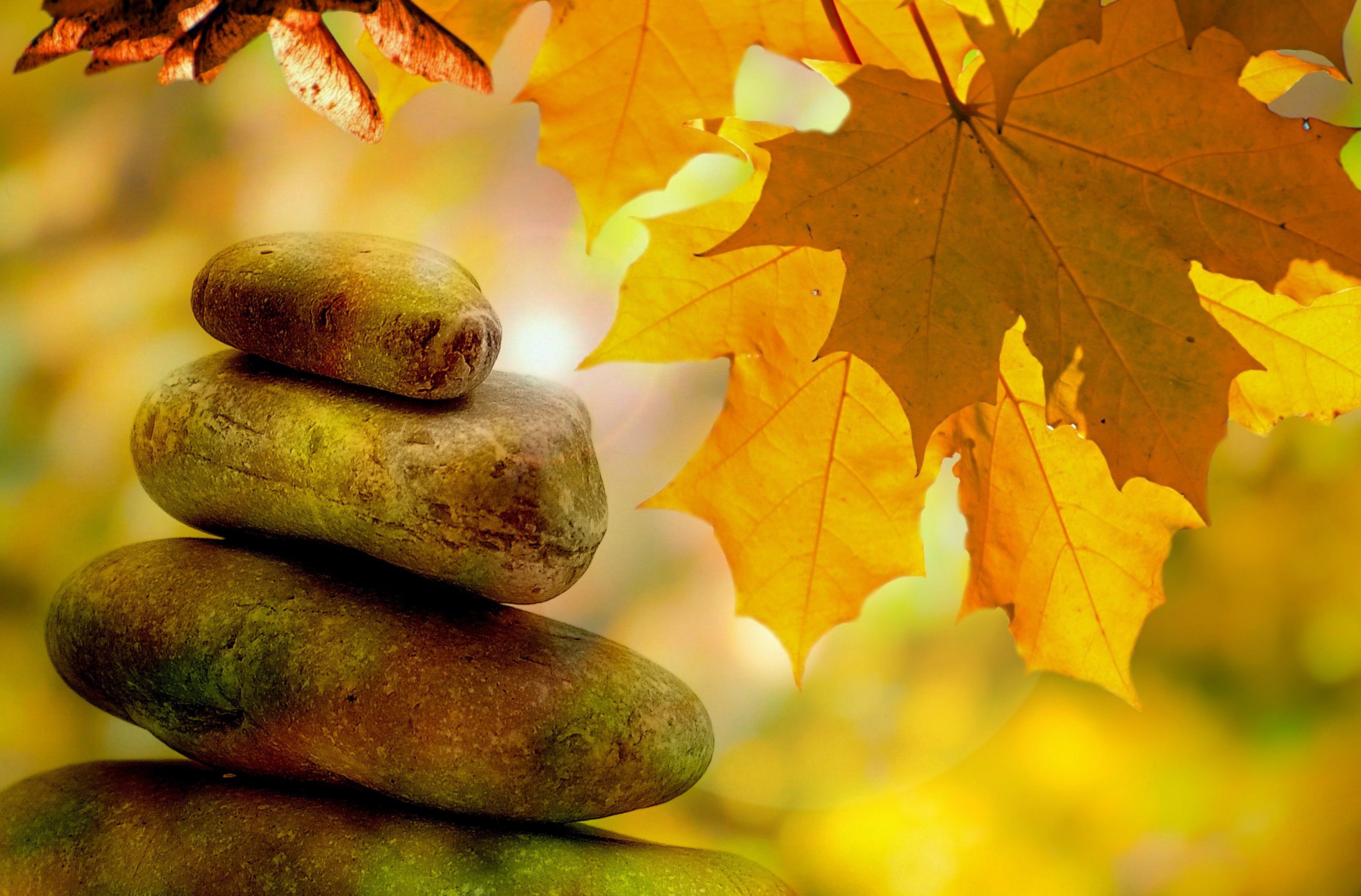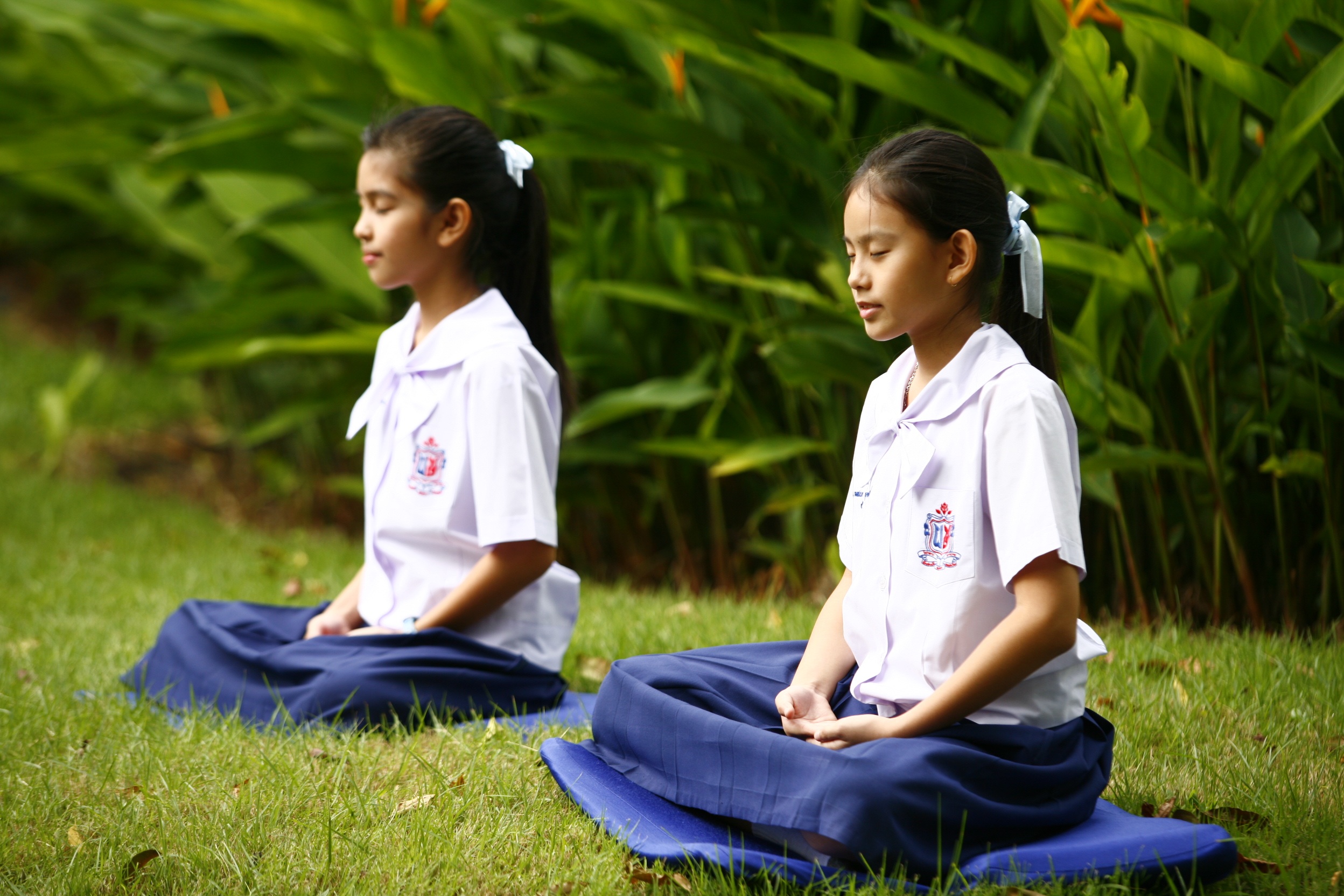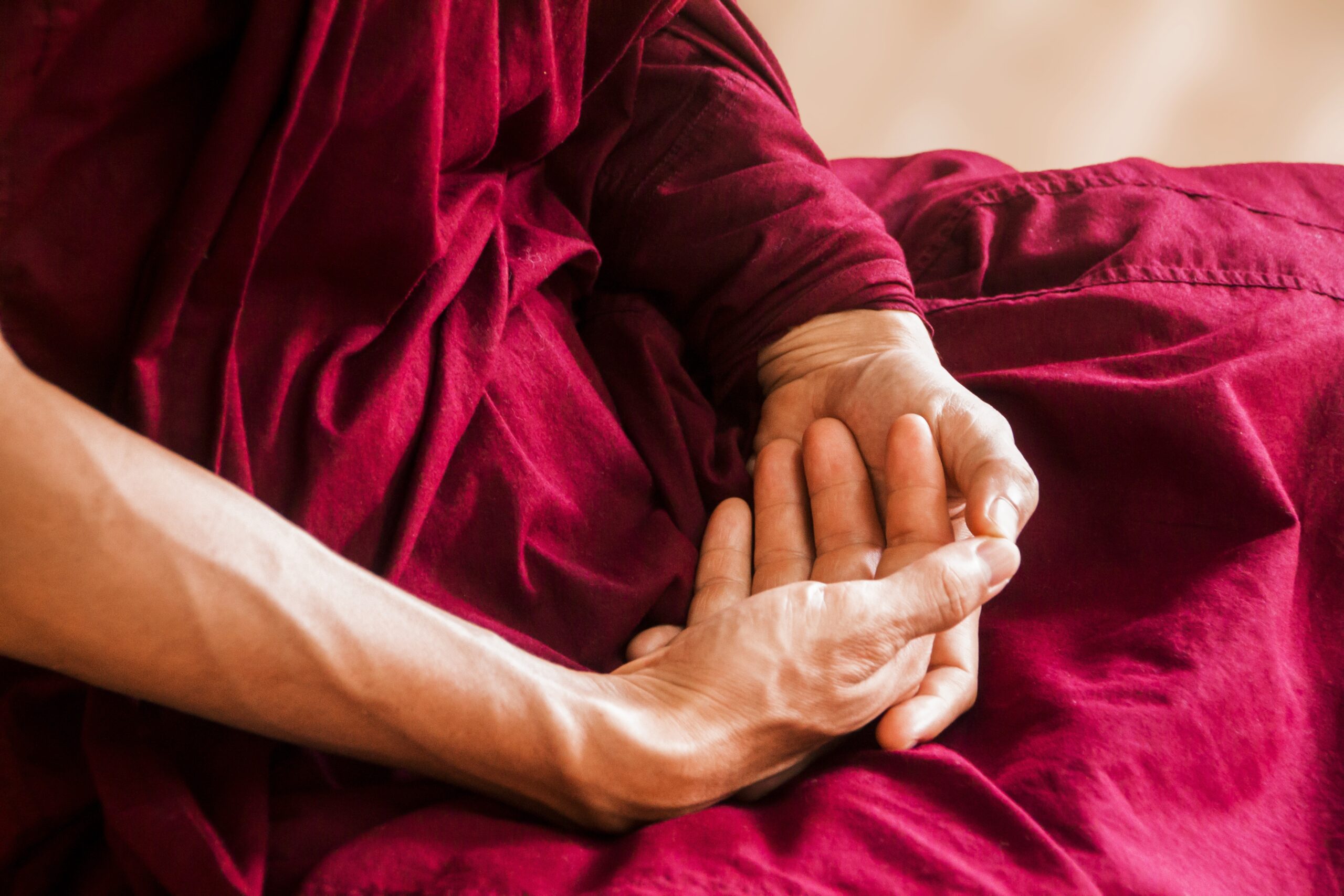Reverse Osmosis & Other Types of Water
Whether it’s reverse osmosis, distilled, filtered, or mineral water, you should choose only clean, pure drinking water, free of contaminants, that is both safe and healthy to drink.
Before you can decide which is better for you, you should know your different types of water.
Filtered water is basically water that goes through a filtration system that is either attached directly onto your tap or to a container where which the water is poured through. When water goes through the system, contaminants are filtered out.
However, that only works if the contaminants are made up of substances larger than the water molecule, and if the water goes through the filtration system slowly enough to trap all the contaminants. Smaller particles still escape with the water molecules. Filtered water can be anywhere from 50 to 70% pure.
Spring water is water that is obtained from its natural source. This does not guarantee that it will be free of pollutants.
Mineral water is tap or spring water that has undergone a process to remove some of the contaminants in the water.
Even so, because regulations governing bottled water is not very strict, contaminants including harmful bacteria and chemicals have been found in bottled water. Also, because of its trace mineral content, mineral water is not pure drinking water.
Some people, even physicians, will tell you that your body needs minerals and therefore, drinking mineral water is good for you. These same people will also tell you pure drinking water without minerals is not good for you because it will leach the minerals from your body.
If that were true, for the past twenty-odd years that I’ve been drinking pure de-mineralized water, I should be suffering from vitamin and mineral deficiency, which I do not. If that were true, my urine and stools should contain leached vitamins and minerals that exceed those of individuals drinking other kinds of water, but tests have indicated the opposite.
The same people who advocate mineral water also don’t distinguish between organic and inorganic minerals.
Organic minerals are those found in your food. They are digestible. Inorganic minerals are found in the soil, and they are indigestible. You wouldn’t get your iron by eating rust, would you? Of course not, because you know it’s indigestible. But that’s what people fail to distinguish when they say mineral water is good for you.
Where do the minerals come from in mineral or spring water? Naturally, of course — from the ground, where spring water is obtained. But that doesn’t mean that the minerals are digestible, just as you wouldn’t eat soil to get your minerals!
Plants take in inorganic minerals and convert them into organic minerals through photosynthesis. That is why we find our vegetables contain organic minerals that we can absorb easily into our system.
On the other hand, unlike plants, we cannot convert inorganic minerals in our soil directly into our system. In other words, our bodies cannot digest or make use of inorganic minerals. When we consume these minerals in our water, they become deposited in our bodies, resulting in ailments such as arthritis and sciatic nerve degeneration.
In water distillation, water is boiled and evaporated in a water distiller. Then the vapor is condensed, leaving almost all contaminants behind. Usually, the distilled water is further filtered with carbon filters to remove any remaining contaminants, so that all you are left with is 99% pure drinking water.
If you ever clean out a water distiller, you’ll find reddish brown crud sitting at the bottom of your water distiller. These are the minerals and chemical contaminants left behind from the water distillation process. They are so toxic that they will even eat through your rubber gloves!
Because the water from water distillation is so pure, it can leach and remove toxic substances from the body, and therefore, drinking distilled water is a good way to cleanse and detoxify your body.
On the other hand, pure drinking water cannot leach organic minerals and substances from your body: if your body is able to digest and absorb these food substances, what is there left for the water to leach?!
I once posed this question to a physician when she voiced the same objection to drinking water that had no trace minerals. She thought about it, then agreed with my reasoning!
One negative aspect is that water distillation is a long tedious process. Also, for every gallon of distilled water, you waste several gallons through the boiling process. The other problem is that you get limited usage out of the water distiller before the heating element burns out.
The other alternative is reverse osmosis. Reverse osmosis occurs when pressure pushes water through a membrane that filters out inorganic minerals and contaminants. What remains is further filtered out with carbon charcoal filters, leaving water that is 95 to 98% pure.
The tank in which reverse osmosis occurs is installed directly to your tap and usually placed under your sink. What’s more, because the water running through reverse osmosis comes directly from your tap, it’s oxygenated, not inert.
________________________________________________
I have tried four different types of water: spring water, filtered, distilled, and then reverse osmosis. Of the four, distilled tastes the best, because it’s so pure. It also makes your teas, soups and juices taste so much better because of its purity.
Tea plantations in China are usually located up in mountains, where the air is clean and the water uncontaminated by city pollutants.
On one such tea plantation that I visited, there was spring water that was so pure, you could see a subtle demarkation line separating the pure water and the tap water that was added on one side! The pure water was so dense that you could float a Chinese coin on top without it sinking down!
Can you imagine how much better the tea tasted brewed with that water? This was natural water that was almost as pure as pure drinking water obtained from water distillation or reverse osmosis. When I returned to the city, I was disappointed to find the same tea brewed with tap water tasting so different!
I drank distilled water for over ten years and found my skin became softer, my hair silkier.
When my grandmother first came to live with me, she had a very large dark age spot that covered one third of her face. Because of it, she felt embarrassed to be seen in public. She didn’t believe in what distilled water could do for her, but I always brewed her tea with it and she drank it anyhow.
A few weeks later, she was excited and happy to find her age spot disappearing. She now insists on only pure drinking water. As for the age spot on her face, it has long since disappeared!
Shortly after I went through my second distiller, I decided to try reverse osmosis, because I found it cheaper and more convenient. It’s still very pure drinking water: the taste is only slightly different because it’s not as pure as distilled, but it still makes your beverages and soups taste better than when tap or spring water is used.
________________________________________________
Anything you consume will also affect your chi energy. Stale foods, junk foods or foods containing few nutrients contain the least amount of chi.
If you are used to eating natural unadulterated foods and have trained in qigong/chi kung, you become sensitive to taste and how certain foods and beverages affect your chi.
Distilled water or water obtained by reverse osmosis is pure drinking water that contains more vital chi energy than other types of water. But hard mineral water negatively affects the chi by inhibiting its circulation, creating all kinds of blockages, resulting in arthritis and other ailments.
So now you know the different types of water. Only two are pure drinking water, and you should only drink the purest — distilled or reverse osmosis.
- Please read Disclaimer.
- Read more about your drinking water: Why Mineral Water Is NOT Life-Giving Water
- Return to Diet, Nutrition & Home Remedies
- Practice Qigong/Chi Kung for the Many Health Benefits
- Applying Qigong to Specific Needs
- Possible Side Effects & Symptoms of Tai Chi Qigong
- Beginning, Intermediate & Advance eCourses
- Invaluable Gifts to Thank You for Your Support
- Return from Reverse Osmosis & Other Types of Water to Home Page




